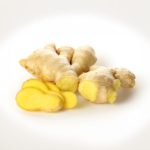There are certain foods that have the potential to trigger headaches, such as wheat, milk, cheese, chocolate, coffee, sugar, peanuts, pork, and chemical additives and preservatives, but the specific triggers vary for each person. Skipping or delaying meals has also been associated with the onset of headaches, and you may even benefit from having a light meal before bedtime to help maintain stable blood sugar levels throughout the night. Equip yourself with knowledge about the best foods to eat and combat that uncomfortable headache.
Grains
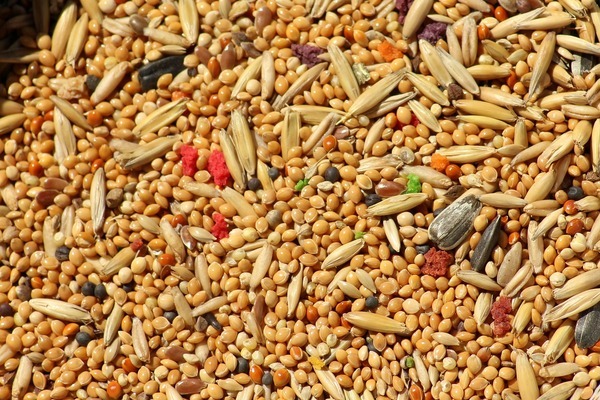
Low blood sugar is believed to be related to headaches, and a good slow-release carbohydrate can help maintain balance. People with headaches often also express low magnesium levels, so it’s good to consume some magnesium-rich whole grains or oatmeal. Consuming carbs in the form of whole grains allows the body to replenish its glycogen stores, which are the main fuel source for your brain. Reduced energy for the brain also leads to dehydration, a major headache trigger. One thing to note is that gluten can be a headache trigger for some people. So skip wheat and regularly use gluten-free grains such as quinoa, rice, millet, beetroot, and corn.
Fish and Meats

Consuming certain essential fatty acids, such as those found in salmon, tuna, and mackerel, tend to reduce inflammation and pain in the body. This may lower the intensity of your headaches, and if consumed regularly, can even prevent the onset of headaches. Vitamin B6, found in turkey, chicken, beef liver, and tuna, is excellent for increasing serotonin levels in the brain. Serotonin acts as a natural anti-depressant that is also associated with the relaxation of the body that occurs before sleep. Therefore, foods high in B6 content can alleviate headache symptoms.
Legumes and Nuts
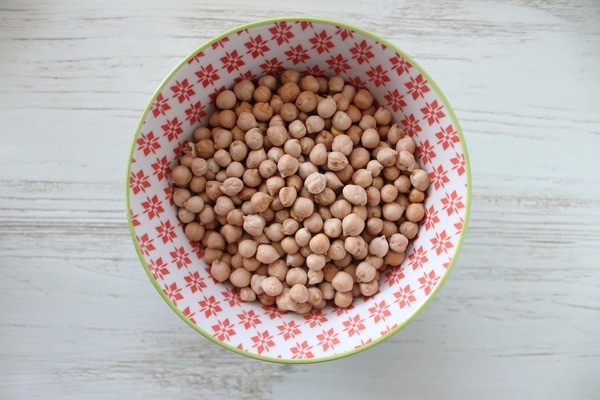
Foods like almonds, cashews, sesame seeds, brown rice, black beans, lentils, and other legumes are also high in magnesium content and can help relax blood vessels. Maintaining adequate blood flow is considered protective against headache and migraine. Sesame seeds are very rich in vitamin E, helping to balance estrogen levels and improve circulation. Therefore, they can help prevent menstrual headaches caused by hormonal changes in or right before a woman’s menstrual cycle.
Fruits
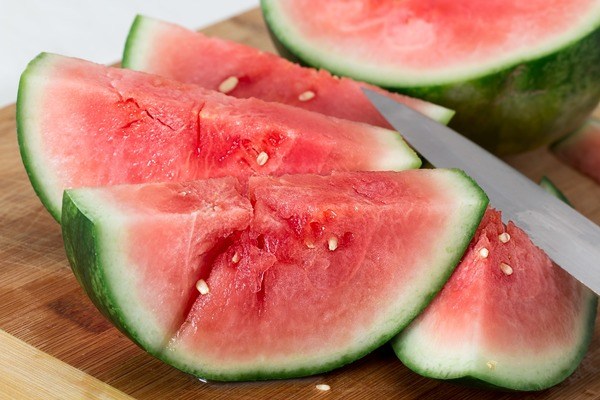
Fruits are a great choice to prevent and treat headaches for several reasons. Firstly, they often have a high water content, and dehydration is a major cause of headaches. Watermelon is great if more water is your goal. Many fruits also contain magnesium and other minerals believed to prevent or reduce headaches – think apples and pears. Fresh pineapple is a good source of bromelain, an anti-inflammatory enzyme, as well as water. The potassium in bananas can also be helpful.
Fruit Warnings

However, some people are sensitive to citrus fruits, bananas, apples, or tomatoes and may find that these fruits trigger a headache. If fruits do not help alleviate your headaches or worsen your symptoms, you should limit fruit consumption.
Herbs and Spices
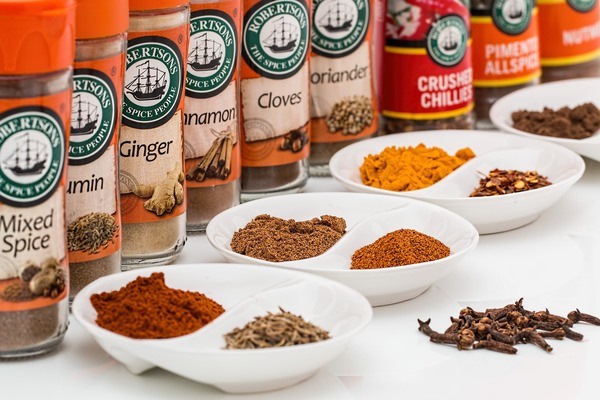
Herbal tea with lemon slices is believed to be gentle during headaches. Tea with spearmint, in particular, can help reduce headaches. Cinnamon and thyme are also known to prevent or reduce headaches. Ginger root has anti-inflammatory properties that help reduce swelling and pain that can lead to headaches. However, there are also some spices that lead to headaches, so avoid all foods that contain nitrate, found in processed meats, and sweeteners (MSG) used in many spice blends. These additives are known to cause headaches.
Caffeine

Caffeine may play a role in reducing the pain of headaches, which is why it is found in most headache medications. However, it works best in people who do not regularly consume caffeine. So, individuals who regularly drink tea or coffee in the morning may not receive as many benefits due to the brain’s tolerance to the saturated chemical. And unfortunately, quitting caffeine can also cause headaches. We don’t know exactly how caffeine affects headaches, but it is believed to have something to do with the fact that adenosine levels in the blood increase during headaches. Caffeine blocks adenosine receptors. It also tends to constrict blood vessels, which swell during headaches.
Water
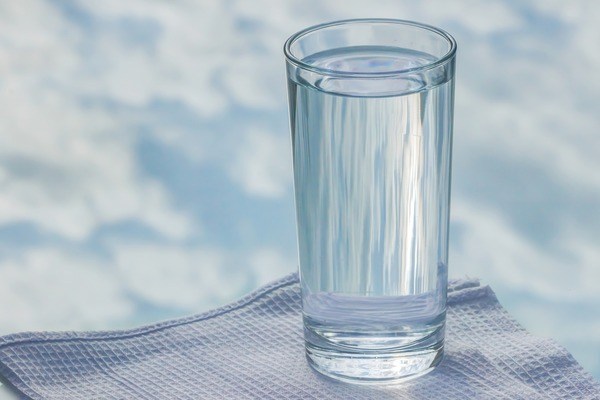
Going back to the basics, you need to continue to consume water every day if you experience frequent headaches. Water is essential for everything your body does, and dehydration is the most common trigger for headaches. You can also swish water with herbal tea or low-fat milk, but it’s best to stay away from sugary drinks and carbonated water. The sweetness and other artificial ingredients in these beverages can sometimes cause headaches.


























